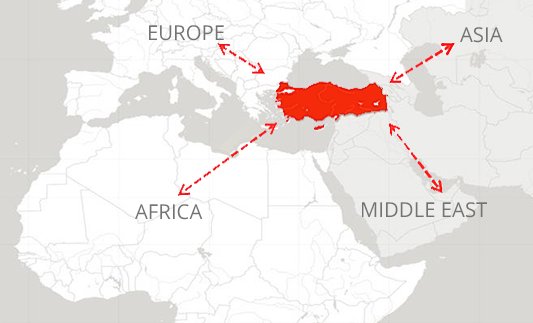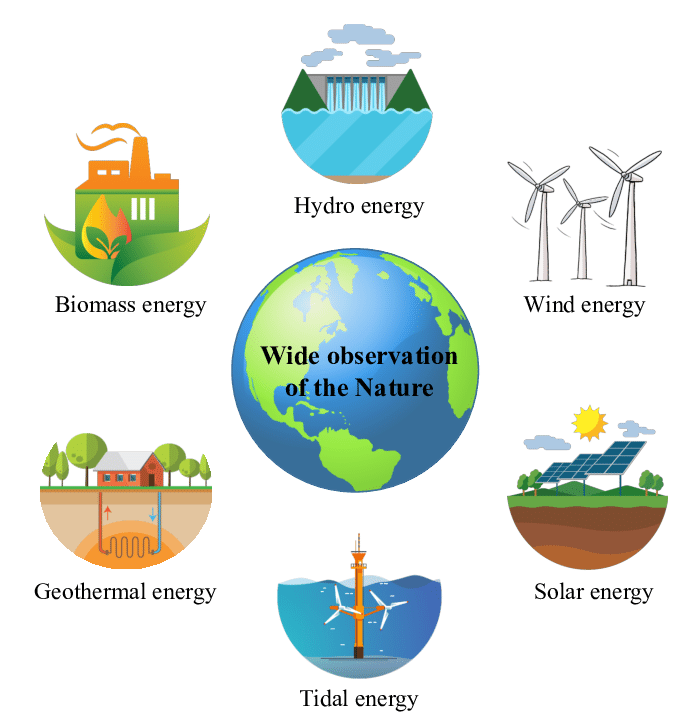The energy sector is vital to nations’ sustainable development and economic growth. As the world shifts towards renewable and cleaner energy sources, Turkey stands out as a promising investment destination in the energy sector. With its strategic location, favorable government policies, abundant resources, and growing energy demand, Turkey offers significant opportunities for companies like Intercon, a leading consultancy firm specializing in energy investments. This article explores the importance and advantages of investing in the energy sector in Turkey, highlighting the key factors that make it an attractive market for Intercon’s clients.
1. Strategic Location:
Turkey is a gateway for energy trade and transit at the crossroads of Europe, Asia, and the Middle East. It connects major energy-producing regions with consumer markets, making it an ideal energy infrastructure and investment hub. With its vast pipeline network, Turkey plays a crucial role in diversifying energy supply routes and enhancing energy security in the region.
2. Abundant Energy Resources:
Turkey possesses diverse energy resources, including coal, natural gas, hydro, wind, solar, and geothermal. This rich resource base presents ample opportunities for investors to tap into multiple energy sectors. The country has made significant progress in renewable energy, particularly wind, and solar, with ambitious targets set to increase its share in the energy mix. Intercon can assist its clients in identifying the most suitable energy sources and projects based on their objectives and resources.
3. Favorable Government Policies and Incentives:
The Turkish government has implemented various policies and incentives to attract foreign investments in the energy sector. Turkey offers feed-in tariffs, guaranteed purchase agreements, and other financial incentives for renewable energy projects through its Renewable Energy Law. Additionally, the government has streamlined licensing procedures, simplified administrative processes, and created a transparent investment environment. Intercon’s expertise can guide clients through these policies and facilitate investment.
4. Growing Energy Demand:
Turkey’s expanding economy and population contribute to a continuously increasing energy demand. To meet this demand, the country aims to diversify its energy mix, reduce dependence on imported energy, and increase its share of renewables. Intercon can assist investors in identifying profitable market segments and innovative energy solutions to cater to this growing demand.
5. Infrastructure Development:
Turkey’s commitment to developing energy infrastructure presents lucrative opportunities for investors. The government has prioritized the expansion of transmission lines, distribution networks, and storage facilities to support a reliable and efficient energy system. Intercon can provide comprehensive guidance to clients in navigating the complex infrastructure landscape and identifying viable projects for investment.
6. Access to Regional Markets:
Turkey’s geographical location and well-developed infrastructure offer a gateway to regional markets, including Europe, the Middle East, and North Africa. Turkey can export surplus energy through interconnection projects and participate in energy trading. Intercon can help its clients leverage these opportunities by analyzing market dynamics, identifying potential partners, and formulating effective market entry strategies.
Conclusion:
Investing in the energy sector in Turkey presents many advantages and opportunities for companies like Intercon. Turkey emerges as an attractive investment destination with its strategic location, abundant resources, favorable government policies, growing energy demand, infrastructure development, and access to regional markets. Intercon’s expertise in energy consultancy enables its clients to navigate the Turkish market, capitalize on emerging opportunities, and contribute to the sustainable growth of the energy sector. By partnering with Intercon, investors can unlock Turkey’s potential and forge a prosperous future in the dynamic and evolving energy landscape.







